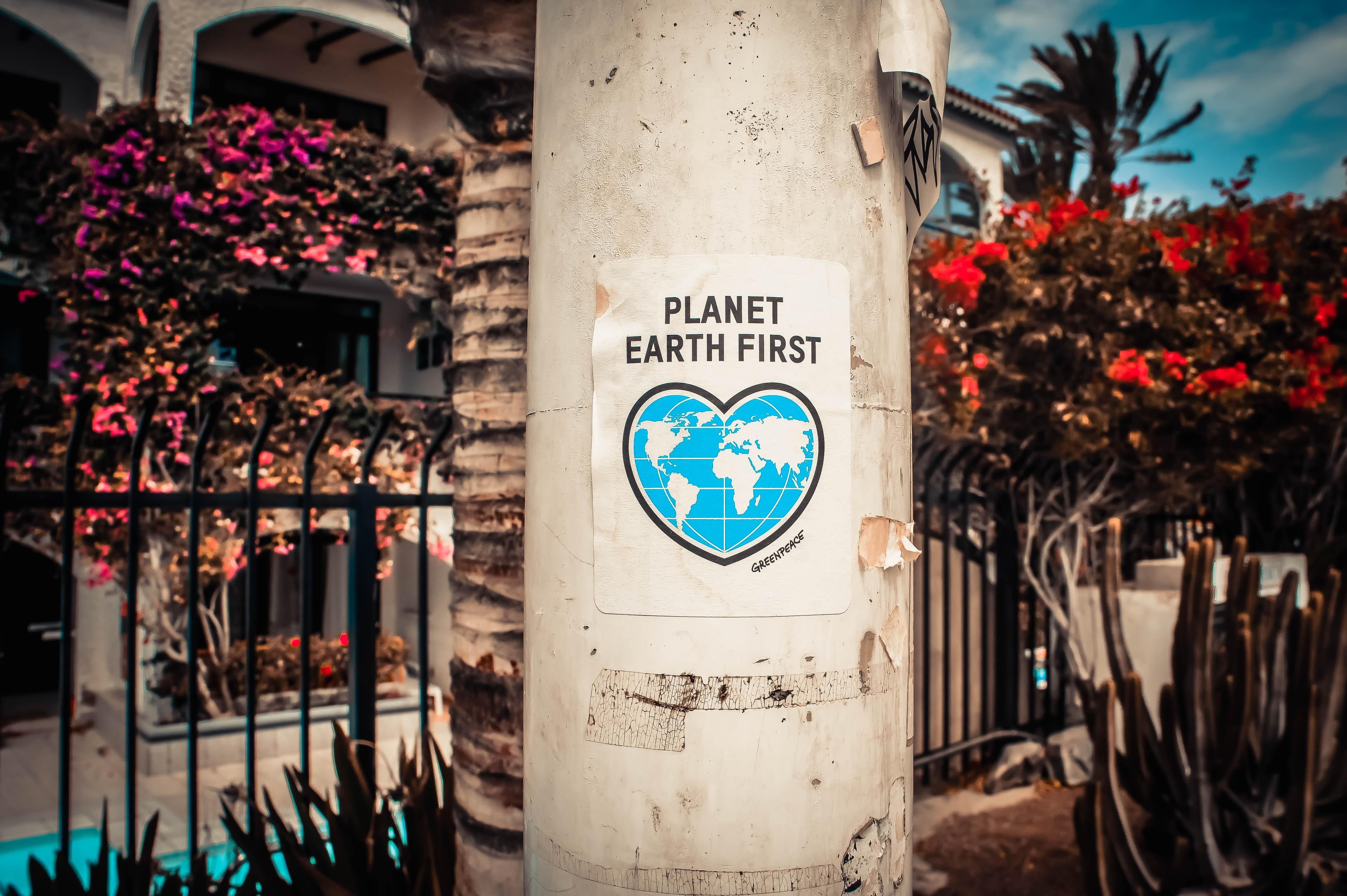Developing a Strong Sustainability Research Program in Marketing
In recent years, the importance of sustainability has become increasingly apparent as the impact of climate change and other environmental issues have become more severe. As a result, many organizations are now prioritizing sustainability in their operations, and research in this area has become increasingly important. Developing a sustainability research program can be a complex and challenging task, but with careful planning and a clear understanding of the goals and objectives of the program, it is possible to create a successful and impactful research program. We’ve broken this process down into a few steps that will help guide your organization in this process.
The first step in developing a sustainability research program is to clearly define the program's goals and objectives. This involves identifying the key areas of sustainability that the program will focus on, as well as the specific research questions that the program will seek to answer. For example, a sustainability research program might focus on the environmental impact of certain manufacturing processes, or on the social and economic factors that influence consumer behavior.
Once the goals and objectives of the sustainability research program have been defined, the next step is to identify the resources that will be required to carry out the research. This might include funding, equipment, staff resources, or contacting an outside agency with an expertise in the field. It is important to ensure that the program has sufficient resources to carry out its research objectives effectively.

The third step in developing a sustainability research program is to identify the stakeholders who will be involved in the program. This might include internal stakeholders such as executives, managers, and employees, as well as external stakeholders such as customers, suppliers, and community members. It is important to engage with these stakeholders throughout the research process, in order to ensure that their perspectives and needs are taken into account.

The fourth step in developing a sustainability research program is to identify potential research partners and collaborators. This might include other organizations or academic institutions with expertise in sustainability research, as well as government agencies or non-profit organizations that are working in the same field. Collaborating with other organizations can help to broaden the scope of the research program and enhance its impact.
The final step in developing a sustainability research program is to establish a communication and dissemination plan. This involves identifying the audiences who will be interested in the research findings and developing strategies for sharing the findings with them. This might include publishing research papers, presenting at conferences or workshops, or creating webinars or other online resources. It is important to ensure that the research findings are communicated effectively and in a way that is accessible to a wide range of audiences. Part of this communication plan has to be the interpretation of findings – what actionable insights were gained; how can this be translated into actions? It all starts with knowledge, of course, but that knowledge needs to be made accessible and useful to the people working with it.
In conclusion, developing a sustainability research program can be a challenging task, but with careful planning and a clear understanding of the goals and objectives of the program, it is possible to create a successful and impactful research program. By following the steps listed above, organizations can create a sustainability research program that is aligned with their broader sustainability goals and has a meaningful impact on the environment and society.
At Glocalities, we consider helping organizations grow sustainably as part of our mission. Our database contains detailed information about how different people feel about a plethora of sustainability issues, along with insights into how best to communicate with these different groups of people.

